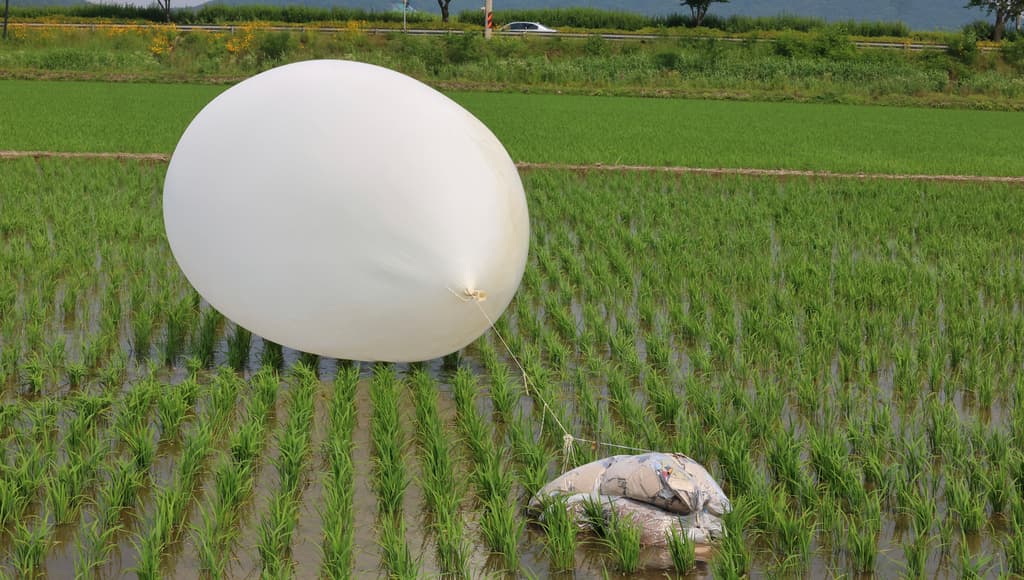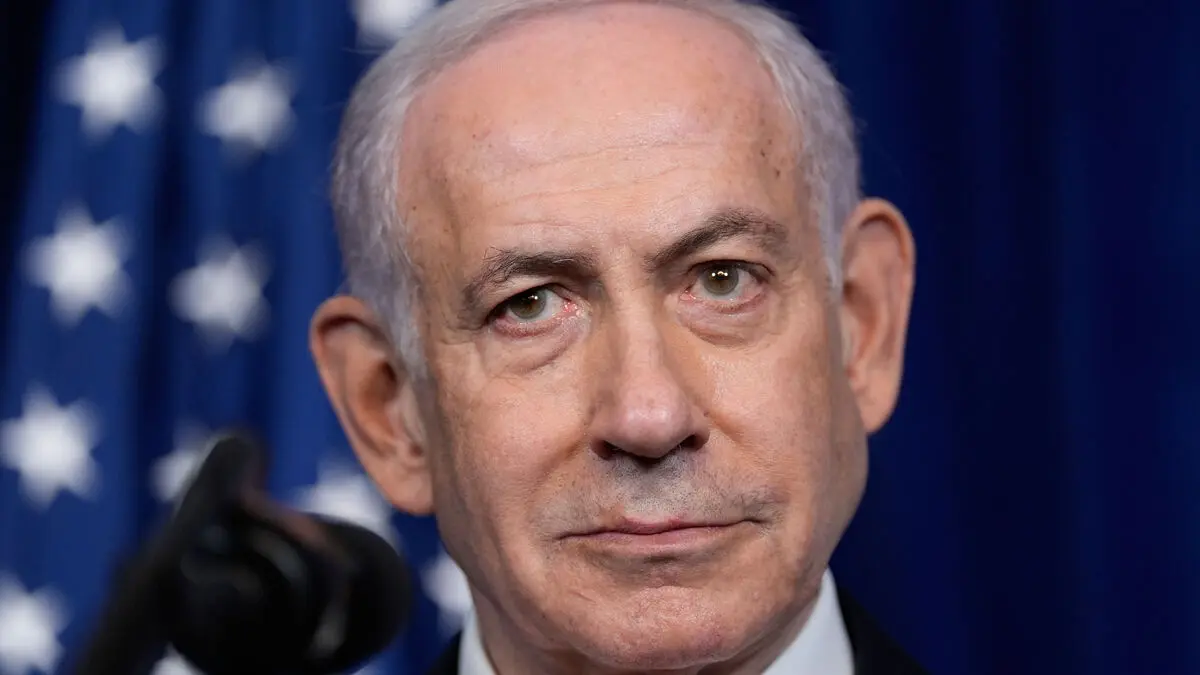Giant loudspeakers, K-pop music on USB drives and flyers. Balloons filled with cigarette butts, rubbish and faeces.
North Korea expert Niklas Swanström sees a risk that the propaganda war between North and South Korea will escalate.
North Korea is very self-assured right now, he says.
Beyond the strange psychological warfare that is ongoing between the two countries, the past few weeks have been marked by warning shots and border violations. Niklas Swanström, who is active at the think tank Institute for Security and Development Policy (ISDP), believes that the international situation is playing into North Korea's hands.
North Korea is very self-assured right now. They have good relations with major players Russia and China and can therefore take liberties in a way they couldn't before, he says.
Putin will soon be visiting and North Korea will develop its work with other totalitarian states. This will lead to China expanding its cooperation with North Korea because they are afraid that Russia will take too much space. This in turn will allow North Korea to take even more space.
"Not satisfied with border demarcation"
The self-assurance in the capital Pyongyang, Swanström believes, could lead to an escalation of hostilities between the two neighbours.
I'm worried about the maritime borders between North and South Korea. North Korea has expressed that they're not entirely satisfied with the border demarcation. They want to change it, and will probably make some kind of provocation, says Niklas Swanström.
And now they can do it because they don't believe that the USA or South Korea are willing to provoke a war. They think there's an opportunity to push the borders south, although I think that's a miscalculation.
Over 1,000 balloons
Since the end of May, over 1,000 North Korean balloons filled with various waste have floated across the South Korean border, reports CNN.
Pyongyang is irritated by the South Korean giant loudspeakers in the border area, which blast out music, news broadcasts and information about "the North Korean reality". The dictatorship sees them as a threat to the regime's stability.
But the balloon and loudspeaker conflict between the countries is far from new. Formally, the countries are still at war with each other since the armistice after the Korean War in 1953. Balloons have been sent across the border for decades and are part of the problem, according to Niklas Swanström.
The big problem today is that there's no direct communication. In 2018, there was a kind of "hotline" between the countries, but now South Korea calls and no one answers.
We need direct communication between the two actors, or through a third party. Now they're communicating with balloons and it tends not to be positive.
Communist North Korea was founded with Soviet help in 1948, after Korea was divided into an American and a Soviet occupation zone after World War II. A civil war between North and South raged from 1950 to 1953, after North Korean troops crossed the border and launched an attack.
The two countries have never formally made peace, and an armistice still holds. A four-kilometre-wide demilitarised zone separates them.
The official ideology in North Korea celebrates "national independence" and "self-reliance". In practice, this has meant isolationism, oppression and famine.
Arbitrary arrests of regime critics, lack of legal security, as well as torture and mistreatment of prisoners in the country's prisons and labour camps are widespread. Reports also show that the country practises public executions for crimes such as theft of state property and hoarding food, as well as for serious crimes.
According to Amnesty International and people who fled North Korea in the 2000s, there are large labour camps for dissidents.






